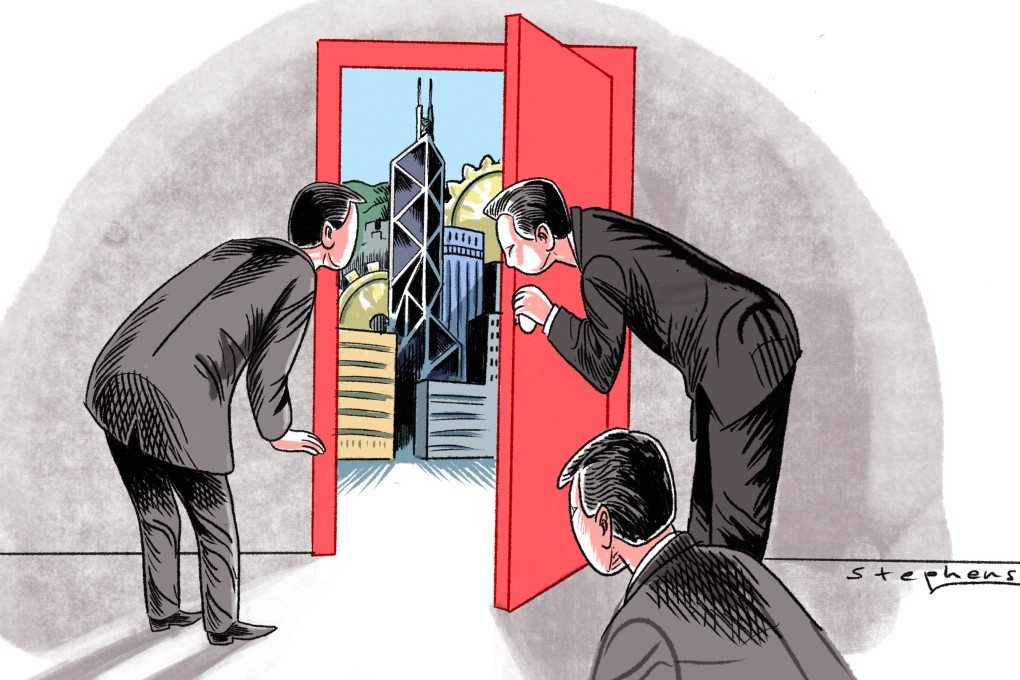Advertisement
Opinion | Instead of criticising Hong Kong’s system, Taiwan should keep its options open
- For those who don’t want reunification, painting Hong Kong in a bad light helps them argue against Beijing’s ‘one country, two systems’ solution
- But rather than denigrate Hong Kong, Taiwanese politicians should wish it well – a flourishing city can provide an idea of what might be for Taiwan
Reading Time:4 minutes
Why you can trust SCMP
91

The first presidential election of major global consequence this year takes place in Taiwan on January 13. Given that Taiwan and Hong Kong have more similarities than meet the eye, politicians in Taiwan should be wishing the city well, rather than criticising Hong Kong’s “one country, two systems”.
Relations between Beijing and Washington nosedived with then-US House of Representatives speaker Nancy Pelosi’s visit to Taiwan on August 2, 2022. Beijing objected to her trip because it signalled that the US might be moving away from the one-China principle that has served as the foundation of Sino-US relations.
Beijing sees Taiwan as Chinese territory and the visit by Pelosi, who was then America’s third-ranking politician, suggested the United States was giving tacit recognition to the island’s sovereignty. The one-China principle forms the basis of China’s diplomatic relations with other countries; the principle is also the United Nations’ affirmed position.
Advertisement
In response to Pelosi’s trip, Beijing launched military exercises to press home its point. The US claimed it was overreacting, although it must know full well Taiwan’s importance to Beijing.
China’s State Council published a white paper soon after Pelosi’s visit, emphasising that the actions of the Democratic Progressive Party (DPP) government, with active encouragement from external forces, had resulted in tensions that restricted the space for peaceful reunification.
Advertisement
In the coming presidential election, it seems the DPP could well retain the presidency, after the opposition parties failed to put forward a unity candidate.
Advertisement
Select Voice
Choose your listening speed
Get through articles 2x faster
1.25x
250 WPM
Slow
Average
Fast
1.25x
